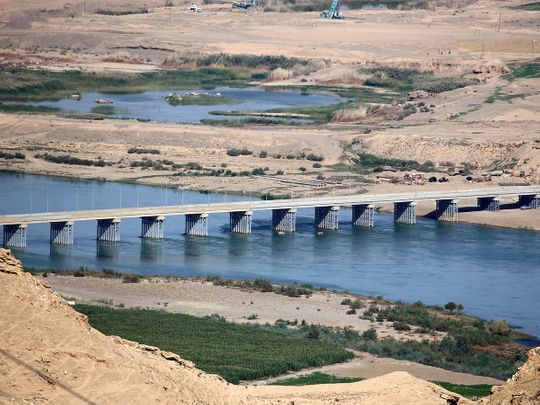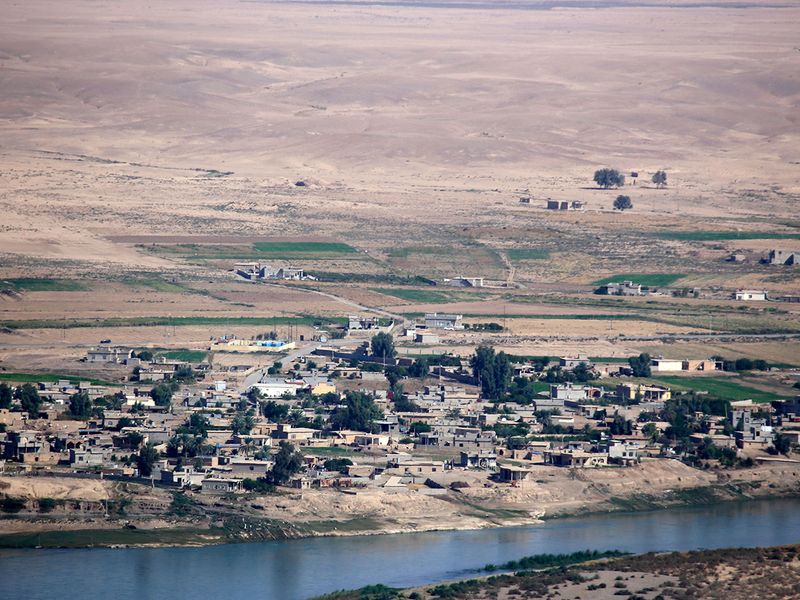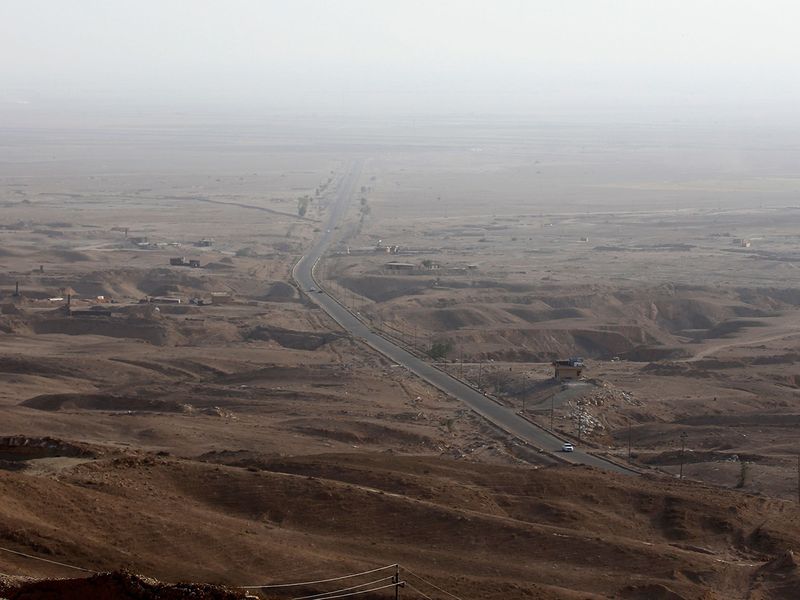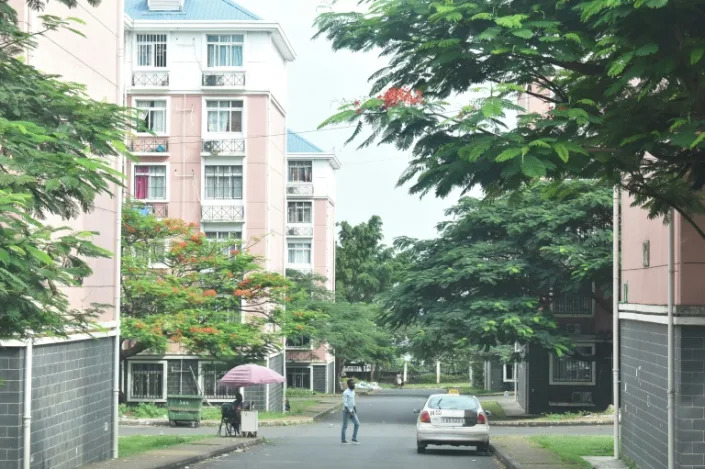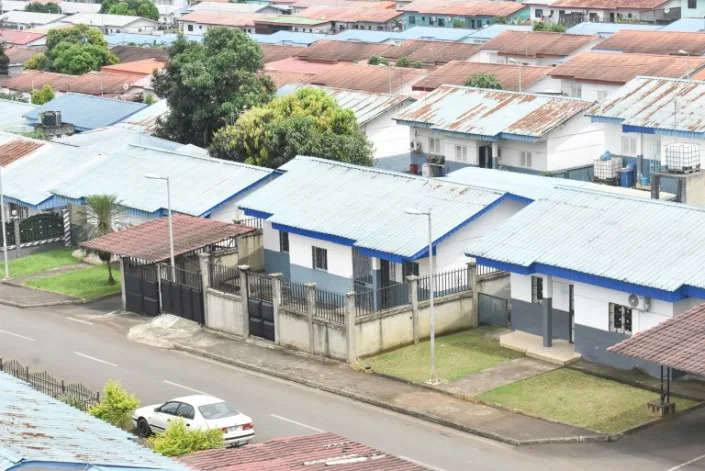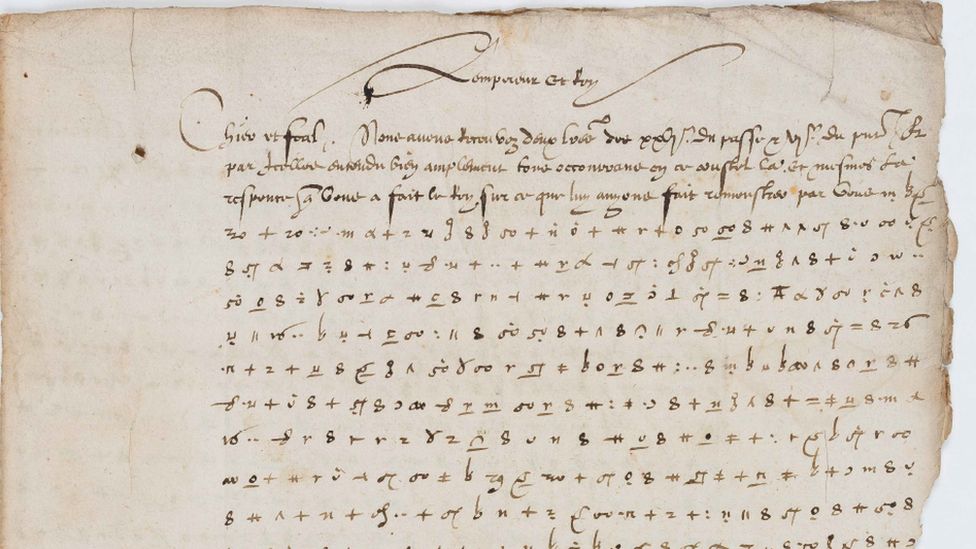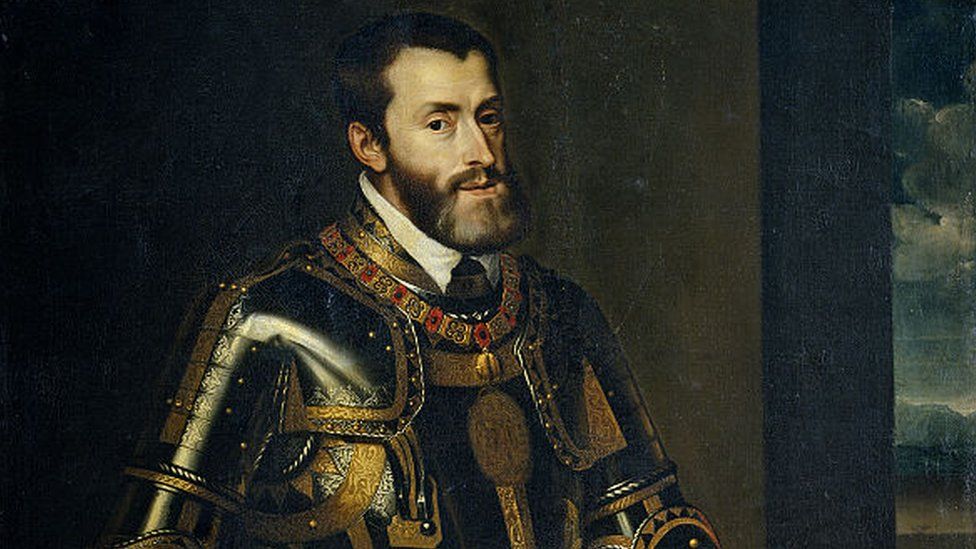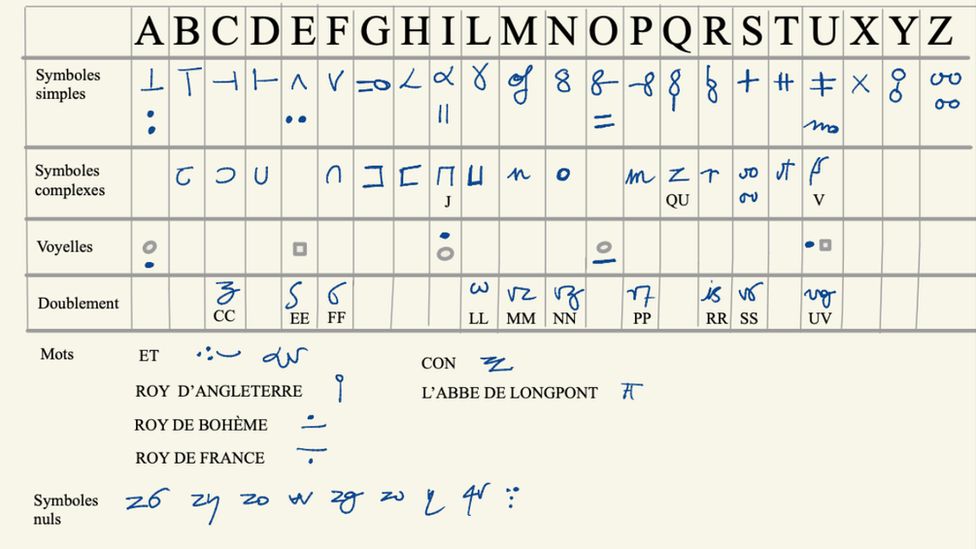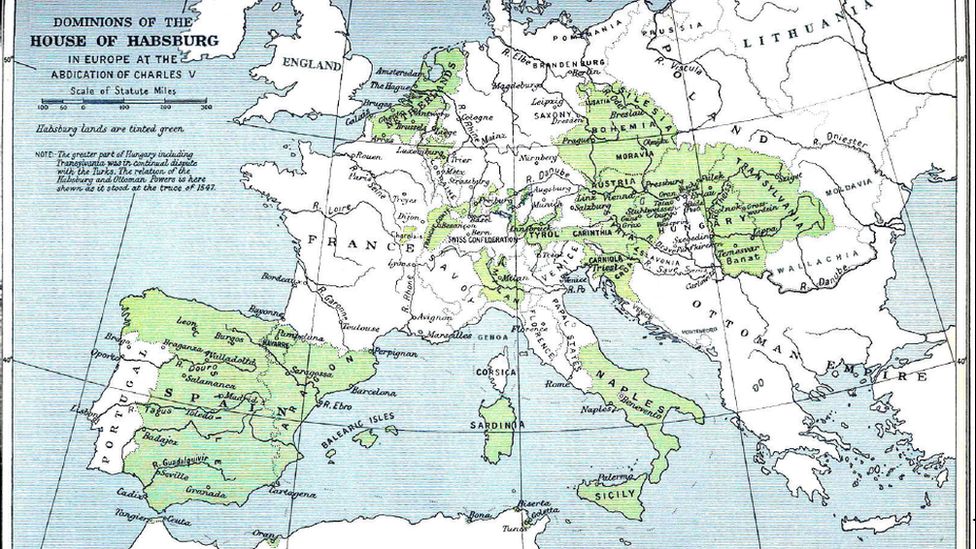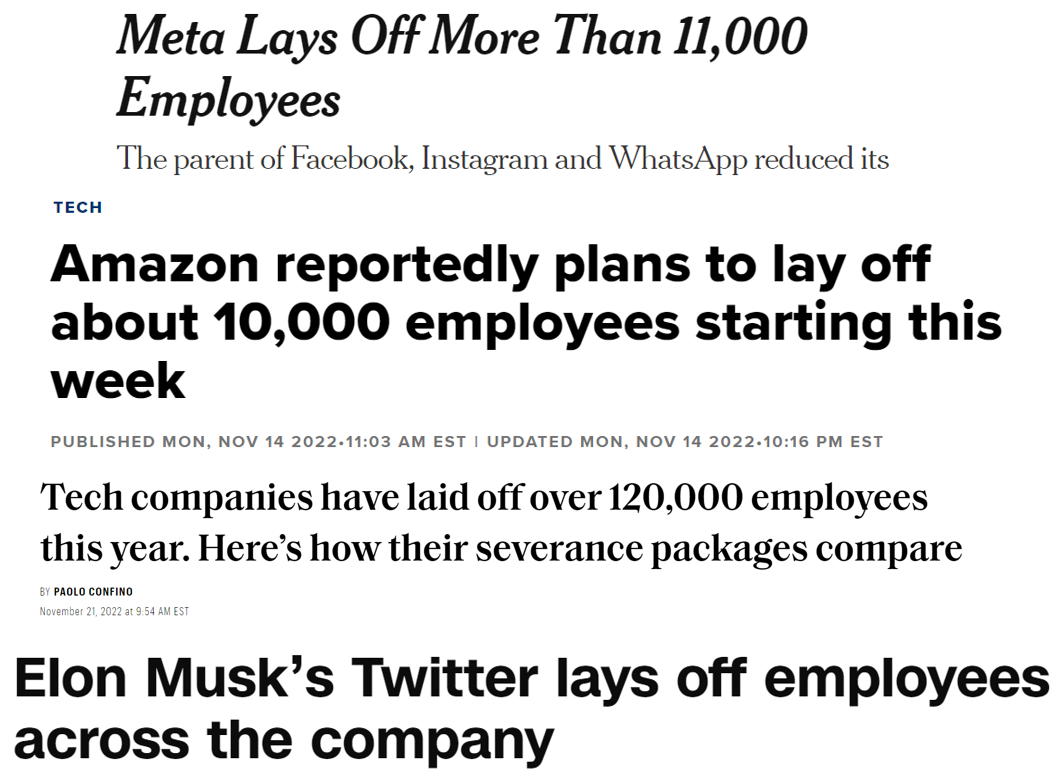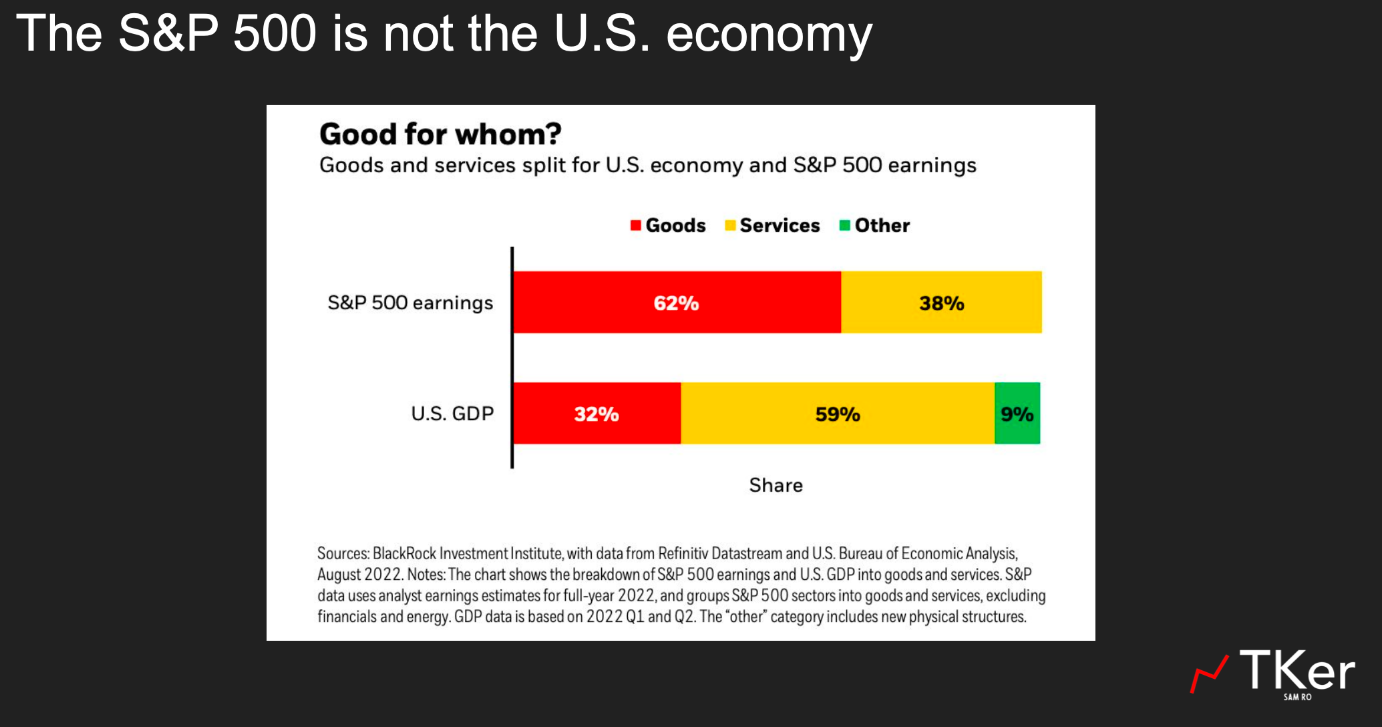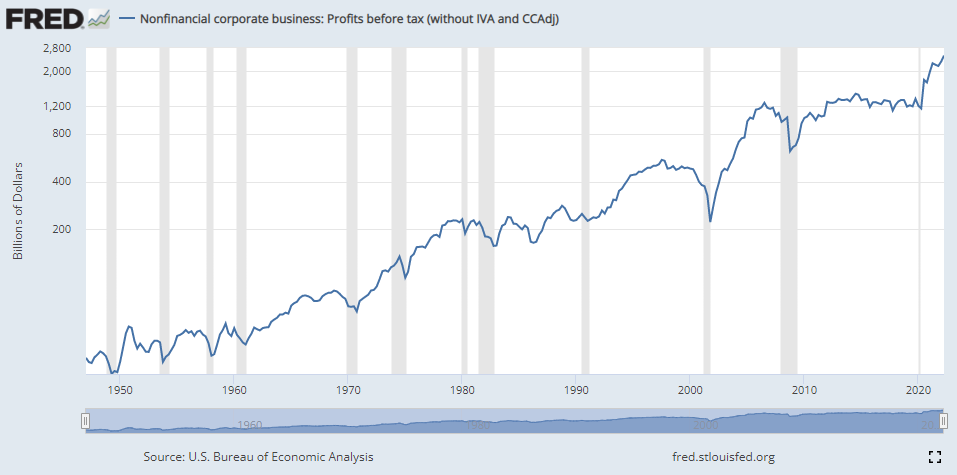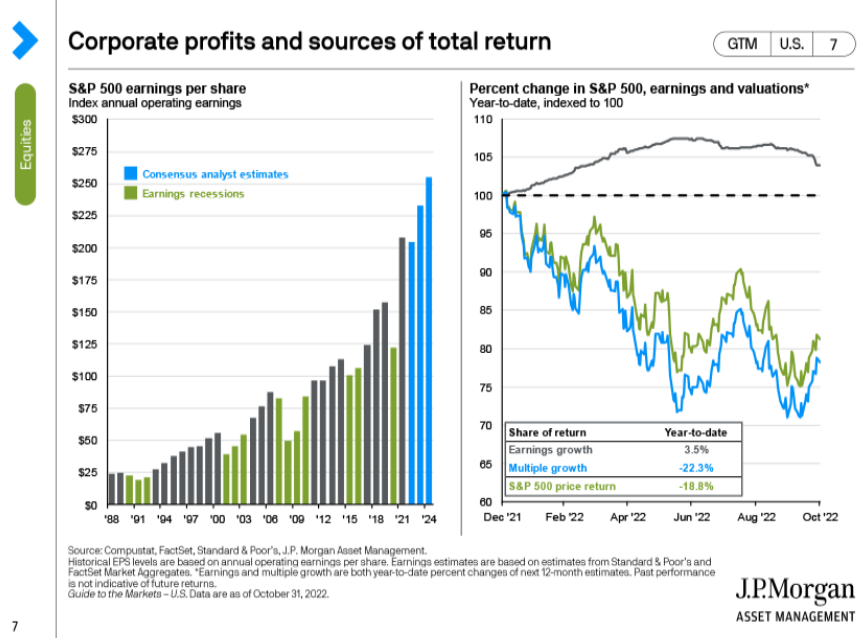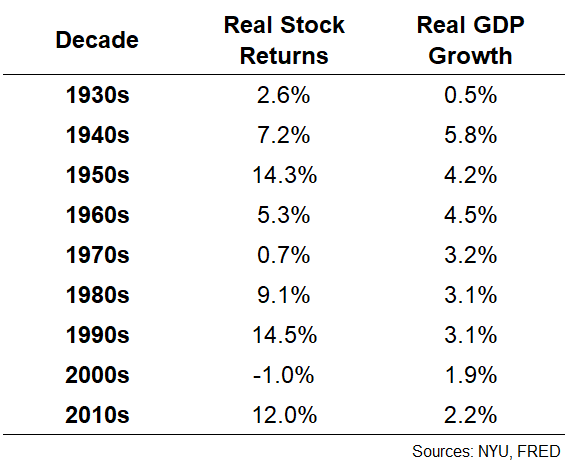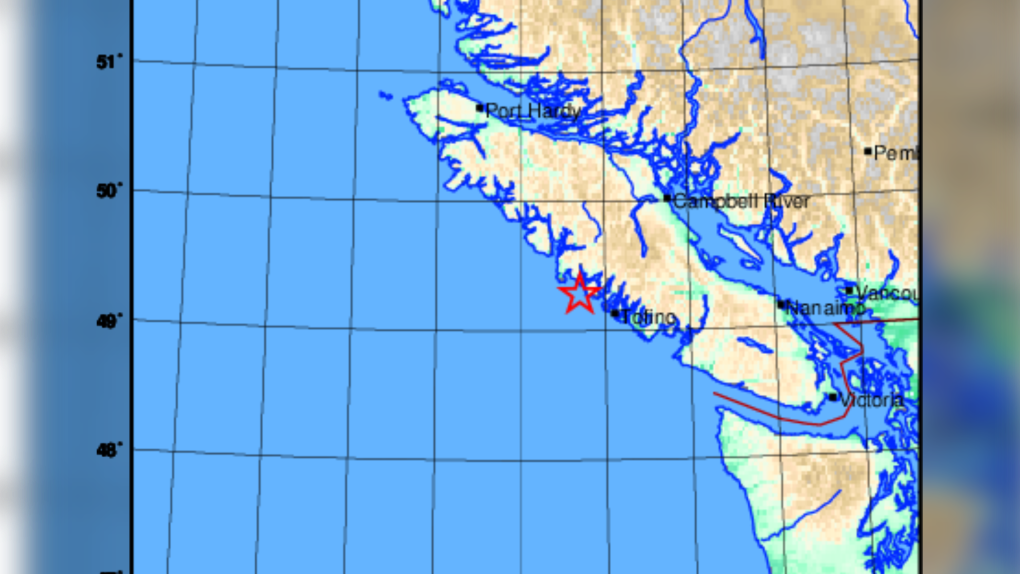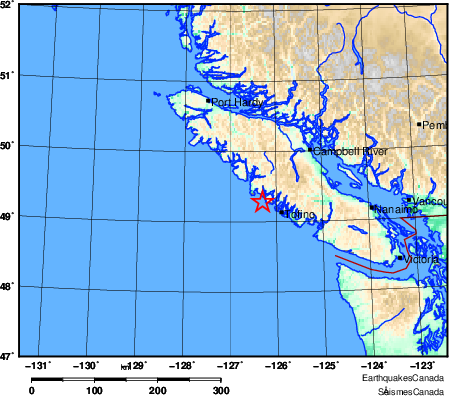By AFP
Published November 27, 2022

Syrian-Kurdish demonstrators in Qamishli raise pictures of people killed in Turkish strikes - Copyright AFP -
Thousands of Kurds protested on Sunday in the Syrian city of Qamishli against Turkish cross-border strikes targeting Kurdish groups in the country’s northeast, an AFP photojournalist said.
One week ago Turkey began a barrage of air strikes against the semi-autonomous Kurdish zones in north and northeastern Syria, and across the border in Iraq.
It has also threatened a ground offensive in those areas of Syria.
The strikes came after a November 13 bombing in Istanbul that killed six people and wounded 81 and that Ankara blamed on the Kurdistan Workers Party (PKK), which it and its Western allies consider a terrorist group.
The PKK has waged an insurgency against the Turkish state since 1984. Turkey alleges that Syrian Kurdish fighters are the PKK’s allies.
Kurdish groups denied any involvement in the Ankara blast.
Demonstrators in Kurdish-controlled Qamishli in Hasakeh province on Sunday brandished photos of people killed during the last strikes in the semi-autonomous region, the AFP photojournalist said.
They carried Kurdish flags alongside photos of PKK leader Abdullah Ocalan — jailed in Turkey since 1999 — and protesters shouted slogans against Turkish President Recep Tayyip Erdogan.
They also chanted in favour of the resistance in “Rojava” — the name Kurds in Syria give to the area they administer.
“Only the will of the Kurdish people remains,” protester Siham Sleiman, 49, told AFP. “It will not be broken and we remain ready. We will not leave our historic land.”
Another demonstrator, Salah el-Dine Hamou, 55, said: “The message that we want to convey to the world is that we are victims of eradication.
“How long will we continue to die while other countries watch?”
The Turkish raids have killed at least 58 Kurdish fighters and Syrian soldiers, as well as a Kurdish journalist, according to the Britain-based Syrian Observatory for Human Rights, which has an extensive network of sources in Syria.
Turkey’s military has conducted three offensives against Kurdish fighters and jihadists since 2016 and already captured territory in northern Syria, held by Ankara-backed Syrian proxies.
US-supported Syrian Democratic Forces (SDF), now the Kurds’ de facto army in the area, led the battle that dislodged Islamic State group jihadist fighters from the last scraps of their Syrian territory in 2019.
